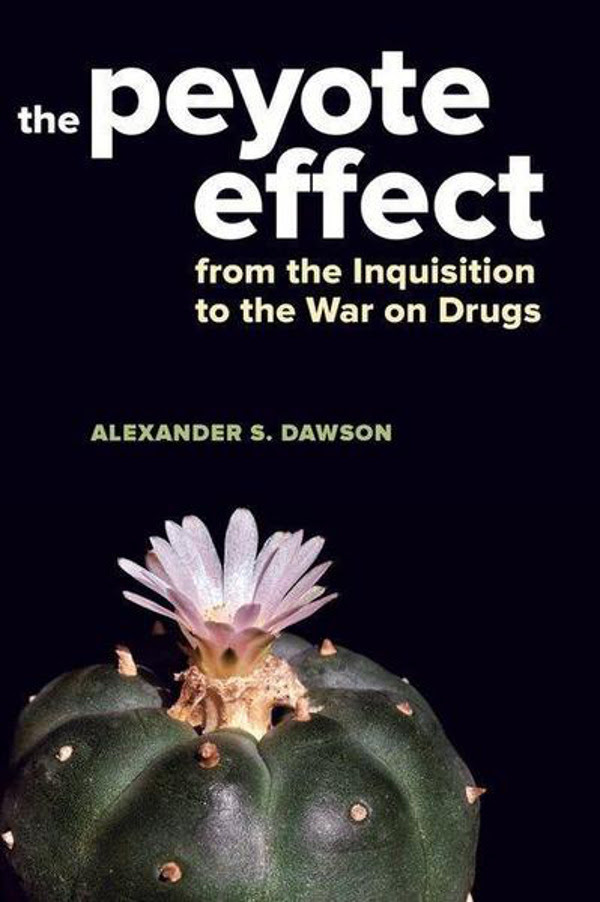
The Peyote Effect. From the Inquisition to the War on Drugs
Alexander S, Dawson
While some have attempted to explain the cultural and religious significance peyote, Alexander S. Dawson offers a completely new way of understanding the place of ths special cactus in history, arguing that it has marked the boundary between the Indian and the West since the Spanish Inquisition outlawed it in 1620. For nearly four centuries ecclesiastical, legal, scientific, and scholarly authorities have tried (unsuccessfully) to police that boundary to ensure that, while indigenous subjects might consume peyote, others could not. The Peyote Effect explores how battles over who might enjoy a right to consume peyote have unfolded in both hemispheres, and how these conflicts have produced the systems that characterises modern drug regimes
University of California Press, September 2018
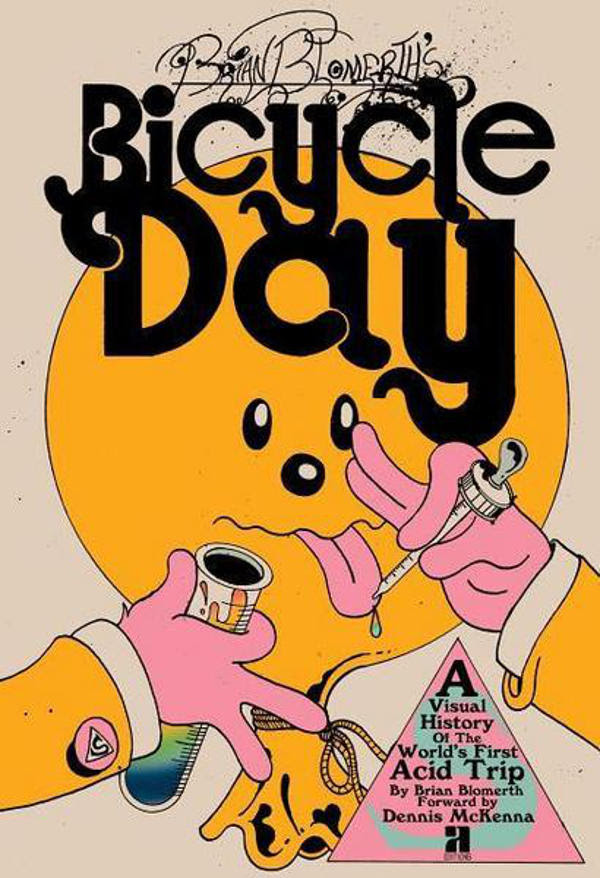
Brian Blomerth’s Bicycle Day
Brian Blomerth
Brooklyn illustrator, musician and self-described «comic stripper» Brian Blomerth has spent years combining classic underground art styles with his bitingly irreverent visual wit in zines, comics, and album covers. With Brian Blomerth’s Bicycle Day, the artist has produced his most ambitious work to date: a historical account of the events of April 19, 1943, when Swiss chemist Albert Hofmann ingested an experimental dose of a new compound known as lysergic acid diethylamide and embarked on the world’s first acid trip. Combining an extraordinary true story told in journalistic detail with the artist’s gritty, timelessly Technicolor comics style, Brian Blomerth’s Bicycle Day is a testament to mind expansion and a stunningly original visual history.
Anthology, June 2019
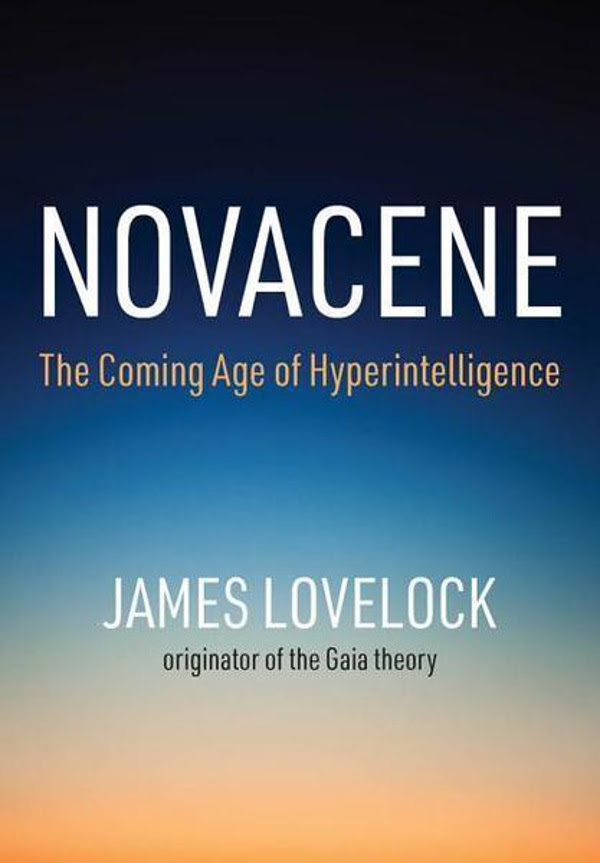
Novacene: The Coming Age of Hyperintelligence
James Lovelock with Bryan Appleyard
New beings will emerge from existing artificial intelligence systems. They will think 10,000 times faster than we do and they will regard us as we now regard plants – as desperately slow acting and thinking creatures. But this will not be the cruel, violent machine takeover of the planet imagined by sci-fi writers and film-makers. These hyper-intelligent beings will be as dependent on the health of the planet as we are. They will need the planetary cooling system of Gaia to defend them from the increasing heat of the sun as much as we do. And Gaia depends on organic life. We will be partners in this project. This is how James Lovelock, father of the Gaia Theory, sees our future.
The MIT Press, July 2019
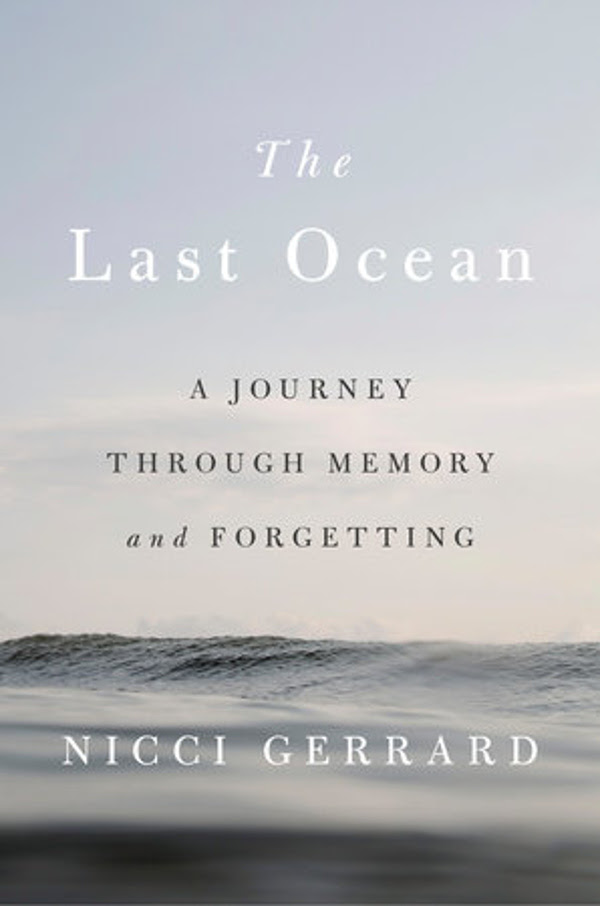
The Last Ocean. A Journey Through Memory and Forgetting
Nicci Gerrard
After a diagnosis of dementia, Nicci Gerrard’s father, John, continued to live life on his own terms, alongside the disease. But when an isolating hospital stay precipitated a dramatic turn for the worse, Gerrard, an award-winning journalist and author, recognised that it was not just the disease, but misguided protocol and harmful practices that cause such pain at the end of life. Gerrard was inspired to seek a better course for all who suffer because of the disease. She examines the philosophy of what it means to have a self, as well as how we can offer dignity and peace to those who suffer with this terrible disease. Not only will it aid those walking with dementia patients, The Last Ocean will prompt all of us to think on the nature of a life well lived.
PenguinRandom House, August 2019
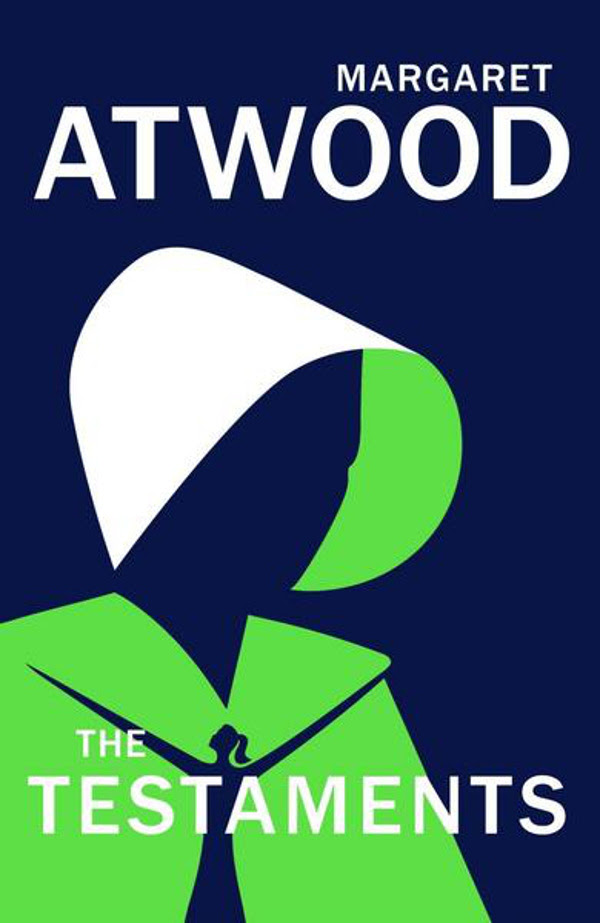
The Testaments
Margaret Atwood
When the van door slammed on Offred’s future at the end of The Handmaid’s Tale, readers had no way of telling what lay ahead for her – freedom, prison or death. With The Testaments, the wait is over. Margaret Atwood’s sequel picks up the story 15 years after Offred stepped into the unknown, with the explosive testaments of three female narrators from Gilead. «Dear Readers: Everything you’ve ever asked me about Gilead and its inner workings is the inspiration for this book. Well, almost everything! The other inspiration is the world we’ve been living in.» More acclaim for Margaret Atwood to follow.
Random House UK, September 2019
